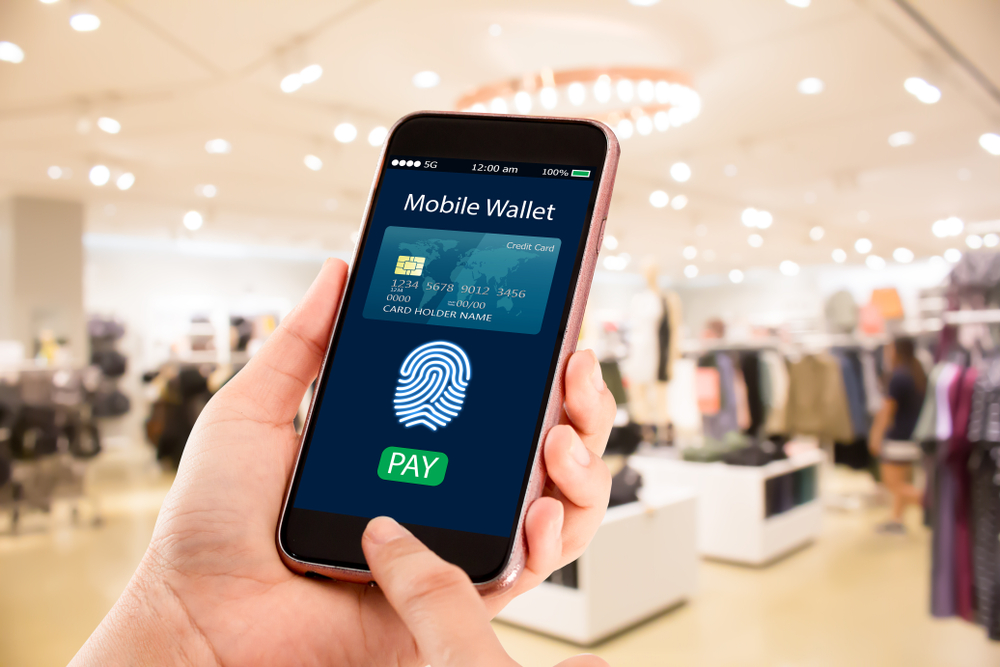With online sales multiplying by the day, and 2020 predictions for the sector approximating at trillions of dollars, merchants must understand key market trends to stay afloat in a dynamic market.
Payments, for instance, are vital in making the sales process successful. With the advent and widespread use of cellphones, the adoption of mobile wallets have increased, and so have cybercriminals continued to target these platform.
So what is the status of mobile wallet fraud and what’s the eCommerce payment industry doing to protect online buyers in the future?
Mobile Wallet Fraud
Mobile wallets are a popular payment method attracting millions and billions of users, as seen in Apple Pay and Alipay, respectively.
But fraudsters love to exploit new flourishing markets. These apps allows for easy payments; card data is entered into the app and these turn into tokens each time a buyer is to pay.
One security risk noticed in Apple Pay three years ago was the possibility of a fraudster seizing a customer’s card data and attempting to load funds into another Apple Pay wallet.
Tests conducted by Pin Drops lab proved that it was indeed possible to load a fraudulent mobile wallet account with a shopper’s credit card.
Apple Pay, however, managed to fix the issue a few months later and cybercriminals can no longer steal from customers through that method.
Combatting Mobile Wallet Cybercrime
As an extra layer of security, many upcoming mobile wallets are adopting SMS verification to reduce the levels of fraudulent credit card transactions.
The tech adds an extra authentication procedure by asking a buyer to enter a confirmation passcode sent to their mobile phones each time they wish to make a payment.
That is to say, a cybercriminal cannot have breach your mobile wallet unless they literally get hands on your mobile phone.
Industry experts are hopeful all app providers will soon implement this security measure.
Other than SMS verification, bigger players have leveraged the power of artificial intelligence to secure their platforms.
Alipay now protects its platform with a risk mitigation machine it calls Alpha Risk. The tech uses an active learning risk alert mechanism that looks though various payments to authenticate accounts and make sure no data is stolen.
Wrapping Up
With the evolution of the online payment sector, industry players must look for ways to safeguard customer data and augment the security of their platforms to offer the best purchase experience.


